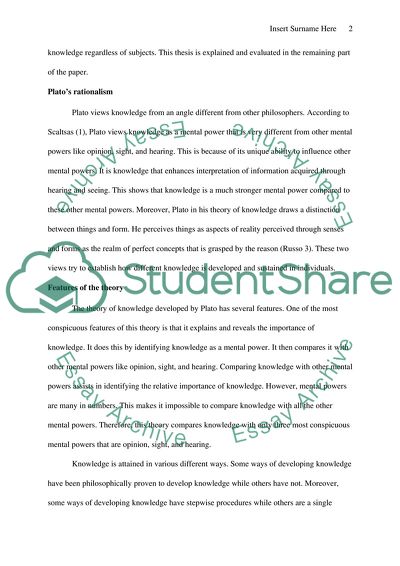Cite this document
(“Plato's Essay Example | Topics and Well Written Essays - 1250 words”, n.d.)
Retrieved from https://studentshare.org/miscellaneous/1603622-platos
Retrieved from https://studentshare.org/miscellaneous/1603622-platos
(Plato'S Essay Example | Topics and Well Written Essays - 1250 Words)
https://studentshare.org/miscellaneous/1603622-platos.
https://studentshare.org/miscellaneous/1603622-platos.
“Plato'S Essay Example | Topics and Well Written Essays - 1250 Words”, n.d. https://studentshare.org/miscellaneous/1603622-platos.


